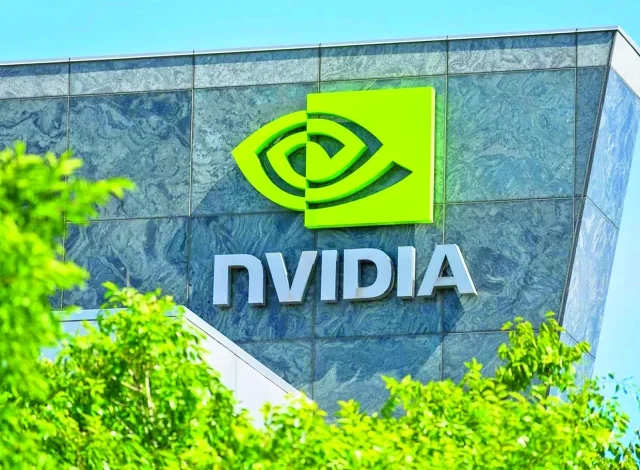AI boom fuels tech frenzy

SAN FRANCISCO:
The world’s largest technology companies are racing deeper into artificial intelligence (AI) even as warnings grow louder that the investment surge could be inflating a dangerous bubble.
Company leaders insist the momentum is real, but markets are showing early signs of strain. Alphabet chief Sundar Pichai is among the voices urging caution.
He warned in a BBC interview that no company, including Google itself, would escape the fallout if the AI boom overheated and triggered a sharp correction across global markets.
Pichai said irrational exuberance had become visible in valuations and expectations, feeding volatility that has knocked stocks lower in recent months. He argued that the scale of current investment demanded clearer thinking about long-term risks and resilience.
He also highlighted the energy challenge emerging alongside AI expansion.
According to the International Energy Agency, AI systems accounted for 1.5% of global electricity consumption last year, with the figure expected to reach 200 gigawatts by 2030, matching Brazil’s annual use.
Google is pushing ahead regardless, rolling out new versions of its Gemini models and expanding infrastructure after posting its first $100 billion quarter in October. Executives say Gemini 3 will interpret multiple media types and reach billions through Google Search integrations.
The company also introduced Antigravity, a platform designed to let AI autonomously generate software through plain-language instructions. Google says it has strengthened security around Gemini 3 to counter threats such as cyberattacks and prompt injection attempts.
Across the industry, Nvidia and Microsoft moved to reinforce their own positions by funnelling $15 billion into Anthropic, the creator of the Claude chatbot. Nvidia is providing most of the sum and contributing cloud computing capacity and its latest chip technology.
Nvidia’s upcoming earnings have become a key indicator for investors tracking AI-linked spending. Despite concerns over inflated valuations, demand for its chips remains strong, although US export restrictions on China continue to limit some of its delivery capacity.
The investment tide is not confined to established giants. Luma AI announced a $900 million Series C round led by HUMAIN, tied to a planned two-gigawatt AI supercluster in Saudi Arabia aimed at training large-scale multimodal world models.
Luma says the cluster will handle data far beyond existing large language models, enabling systems capable of understanding and simulating physical environments. The project underlines how capital, compute and capability are converging to push AI toward more ambitious frontiers.
Regulators are watching these developments closely. In a separate ruling, Meta scored a major victory when a U.S. judge rejected an antitrust effort to force the company to divest Instagram and WhatsApp, citing competition from TikTok and other platforms.



